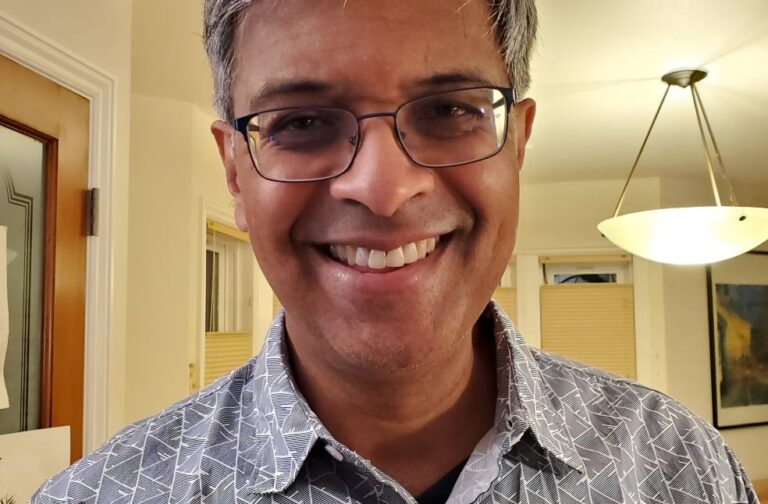United States: Donald Trump, the US President-elect, has selected Dr Jay Bhattacharya, a notable critic of Covid lockdown policies, as the next director of the National Institutes of Health (NIH). Bhattacharya, a Stanford University-trained physician and economist, is widely recognised for co-authoring the controversial Great Barrington Declaration, which fought widespread pandemic lockdowns in favour of targeted protection for powerless populations.
Trump announced Bhattacharya’s nomination, describing him as a leader capable of reforming the NIH into “a Gold Standard of Medical Research.” Bhattacharya expressed his gratitude on social media, vowing to “reform American scientific institutions” and focus on making the nation healthier.
The NIH appointment is part of Trump’s broader reshaping of US public health leadership. Earlier this month, Trump named Robert F. Kennedy Jr., a vaccine sceptic and advocate for stricter food safety rules, to head the Department of Health and Human Services. Kennedy’s agency would oversee the NIH, along with other public health institutions.
I am honored and humbled by President @realDonaldTrump‘s nomination of me to be the next @NIH director. We will reform American scientific institutions so that they are worthy of trust again and will deploy the fruits of excellent science to make America healthy again! https://t.co/FrLmYznhfw
— Jay Bhattacharya (@DrJBhattacharya) November 27, 2024
Other high-profile picks include Dr. Marty Makary, a critic of vaccine mandates, to lead the Food and Drug Administration, and Dr. Dave Weldon, a former congressman with concerns about vaccine safety, to helm the Centers for Disease Control and Prevention. Jim O’Neill, a close ally of conservative donor Peter Thiel, has been appointed as deputy health secretary.
While Bhattacharya and other nominees have attracted praise from Trump’s allies, their views on pandemic policy and vaccine safety have sparked criticism from medical professionals and some conservatives. Senate confirmation hearings are expected to feature intense scrutiny of their qualifications and stances. The reshuffling comes as Trump prepares to take office on January 20, aiming to rebuild the nation’s public health strategy with a team deeply critical of past pandemic responses.



